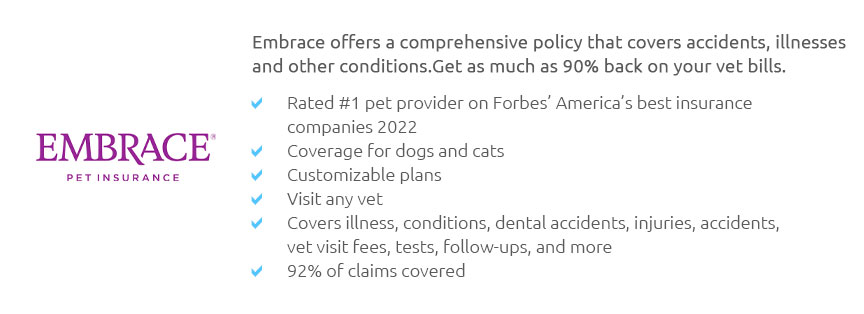 |
 |
 |
 |
 |
 |
|
 |
|
 |
|
 |
|
 |
|
 |
 |
 |
 |
 |
 |
 |
 |
The Best Health Insurance for Dogs: Important Considerations for Pet OwnersAs a dedicated dog owner, ensuring the health and well-being of your furry companion is likely one of your top priorities. In today's world, where veterinary costs can skyrocket unexpectedly, investing in the best health insurance for dogs is a wise decision. Yet, with an abundance of options available, how do you choose the most suitable plan for your beloved pet? This article aims to guide you through the labyrinth of choices, offering subtle insights and recommendations to keep your dog healthy and your mind at ease. First and foremost, it's essential to understand the various types of coverage that dog health insurance can offer. Most plans include accident coverage, which is crucial for those unforeseen events, such as a broken bone or accidental poisoning. However, to truly safeguard your pet's health, consider policies that also cover illnesses. Chronic conditions like diabetes or arthritis can lead to significant veterinary expenses over time. A comprehensive plan that covers both accidents and illnesses ensures you are prepared for almost any health issue that may arise. Another vital factor is the waiting period. This is the time between when you purchase the policy and when the coverage actually begins. Shorter waiting periods mean you can start using the insurance benefits sooner, which can be critical if your pet needs immediate care. Always read the fine print to understand when the coverage becomes effective. Moreover, pay attention to the annual limit on coverage. This is the maximum amount the insurance company will pay each year. Depending on your dog's breed, age, and health, you might want a higher annual limit to cover potential major surgeries or treatments. It's often tempting to opt for a lower premium, but a higher annual limit could save you substantial amounts in the long run.
In conclusion, selecting the best health insurance for your dog requires careful consideration of various factors, from coverage types to annual limits and specific breed needs. While the plethora of choices may seem overwhelming, staying well-informed and taking a personalized approach to your dog's health insurance will ensure you make the best decision for your canine companion. After all, a healthy dog is a happy dog, and peace of mind for you is truly invaluable. https://www.investopedia.com/pet-insurance-5188383
Pet Insurance - How does pet insurance differ from health insurance for people? - What does pet insurance cover? - What if my pet isn't a cat or a dog? - Can you ... https://www.petinsurance.com/
The best pet insurance ever by Nationwide. Plans covering wellness, illness, emergency & more. Use any vet and get cash back on eligible vet bills. https://www.reddit.com/r/VetTech/comments/1bgzikd/what_is_the_best_pet_insurance/
Short answer is Trupanion if you can afford it. It pays out the best and has the best coverage. Maybe you should do a deep dive into it and come ...
|